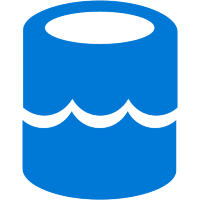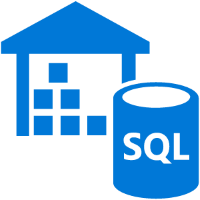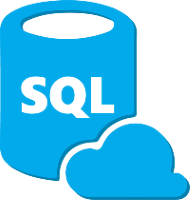Cloud computing is the on-demand delivery of IT resources over the Internet with pay-as-you- go pricing. Instead of buying, owning, and maintaining physical data centers and servers, you can access technology services, such as computing power, storage, and databases, on an as- needed basis from a cloud provider









Azure Databricks is commonly used for data engineering, data science, and advanced analytics tasks in various industries, including finance, healthcare, retail, and more. It simplifies the process of building and managing big data and machine learning pipelines in the cloud.

Azure Data Lake Storage is widely used for storing and analyzing large volumes of data, making it suitable for scenarios such as big data analytics, machine learning, and data warehousing.

Azure Data Factory is commonly used in scenarios where organizations need to orchestrate and automate complex data workflows, including data movement, transformation, and integration across hybrid environments

Azure Data Warehouse is widely utilized in scenarios where organizations require a scalable and high-performance solution for data warehousing and analytics, integrating seamlessly with other Azure services to create comprehensive data solutions.

Azure SQL services are widely used across various industries for building, deploying, and managing applications with relational databases in the cloud. They cater to a broad range of scenarios, from small-scale applications to large enterprise solutions.

Amazon S3 is widely used by businesses of all sizes for storing and retrieving data in the cloud. Its ease of use, scalability, and durability make it a fundamental component of many AWS- based applications and architectures.

GitHub is widely adopted by individual developers, open-source projects, and enterprises for version control and collaborative software development. It has become a central platform for developers to share code, collaborate on projects, and contribute to the global software development community


